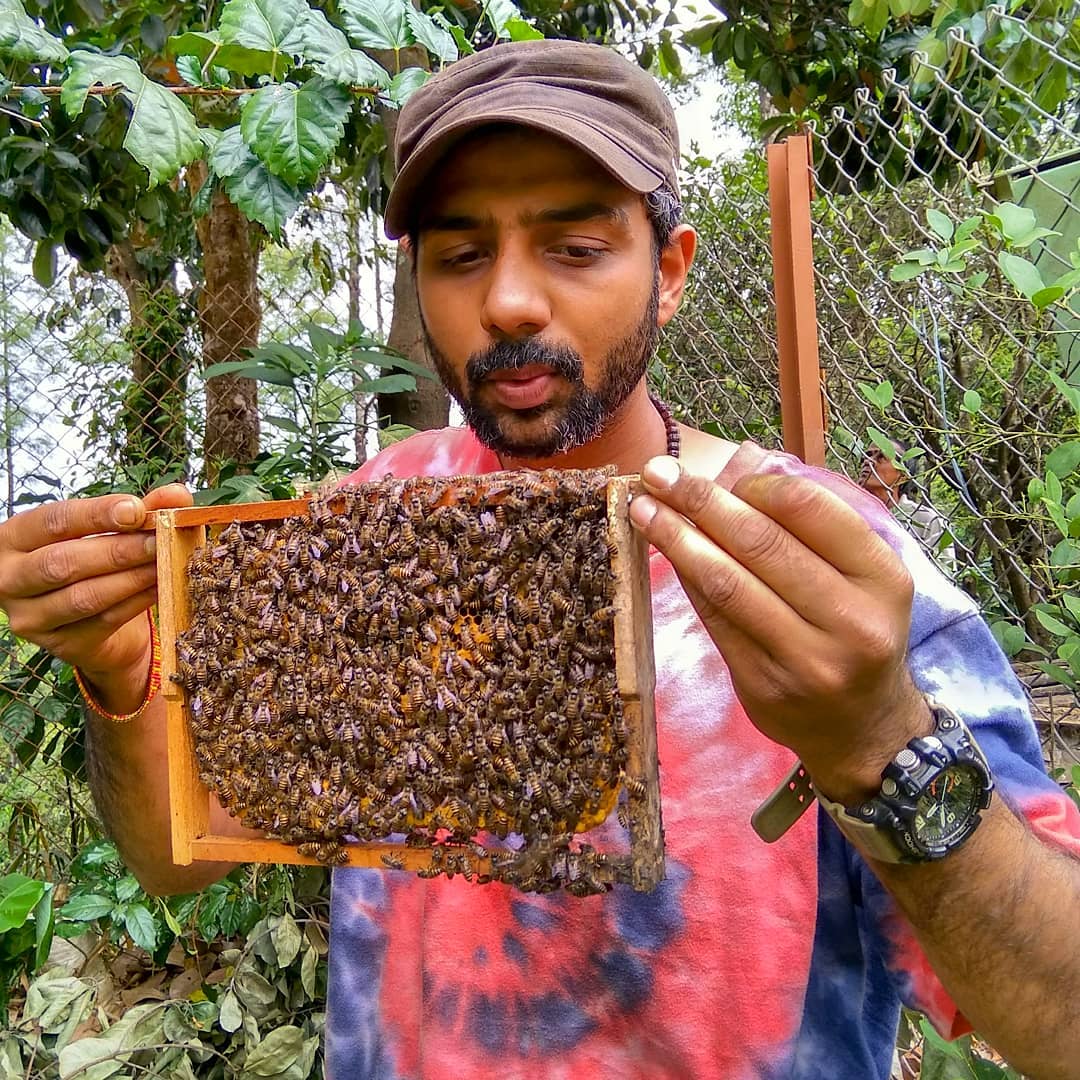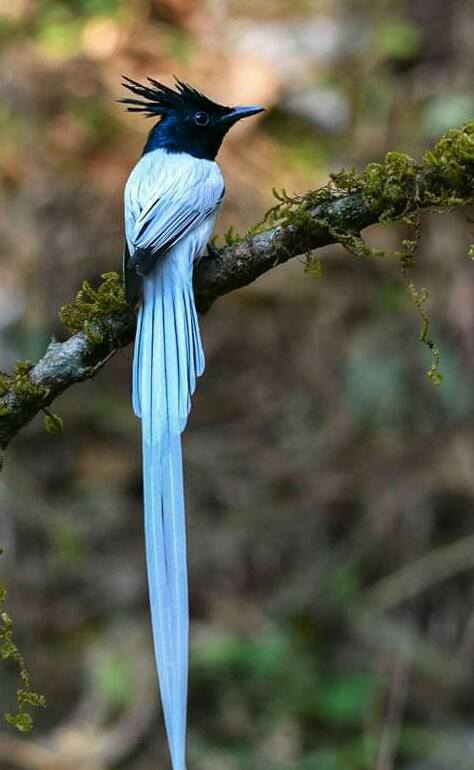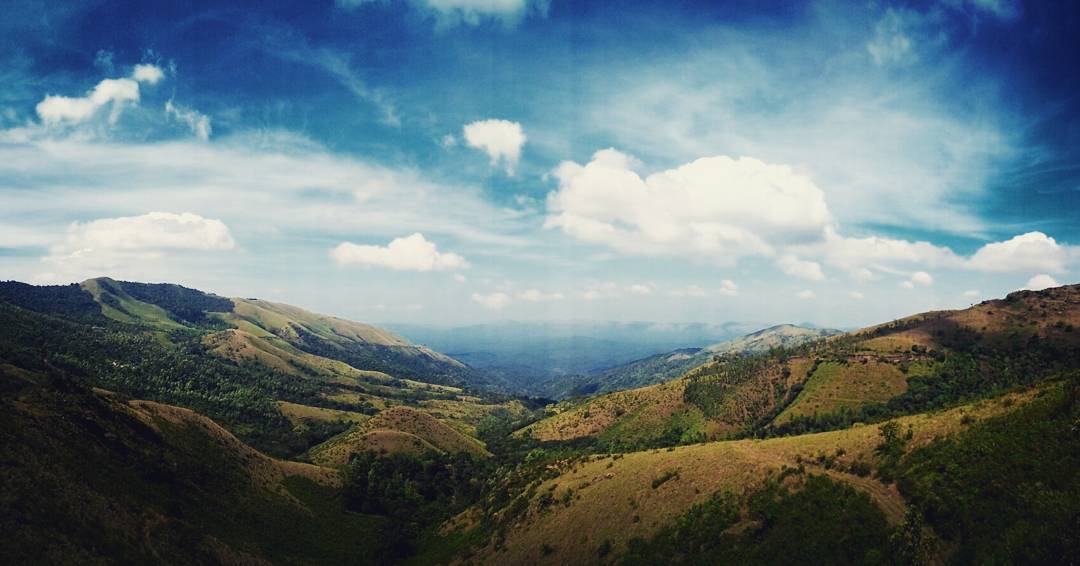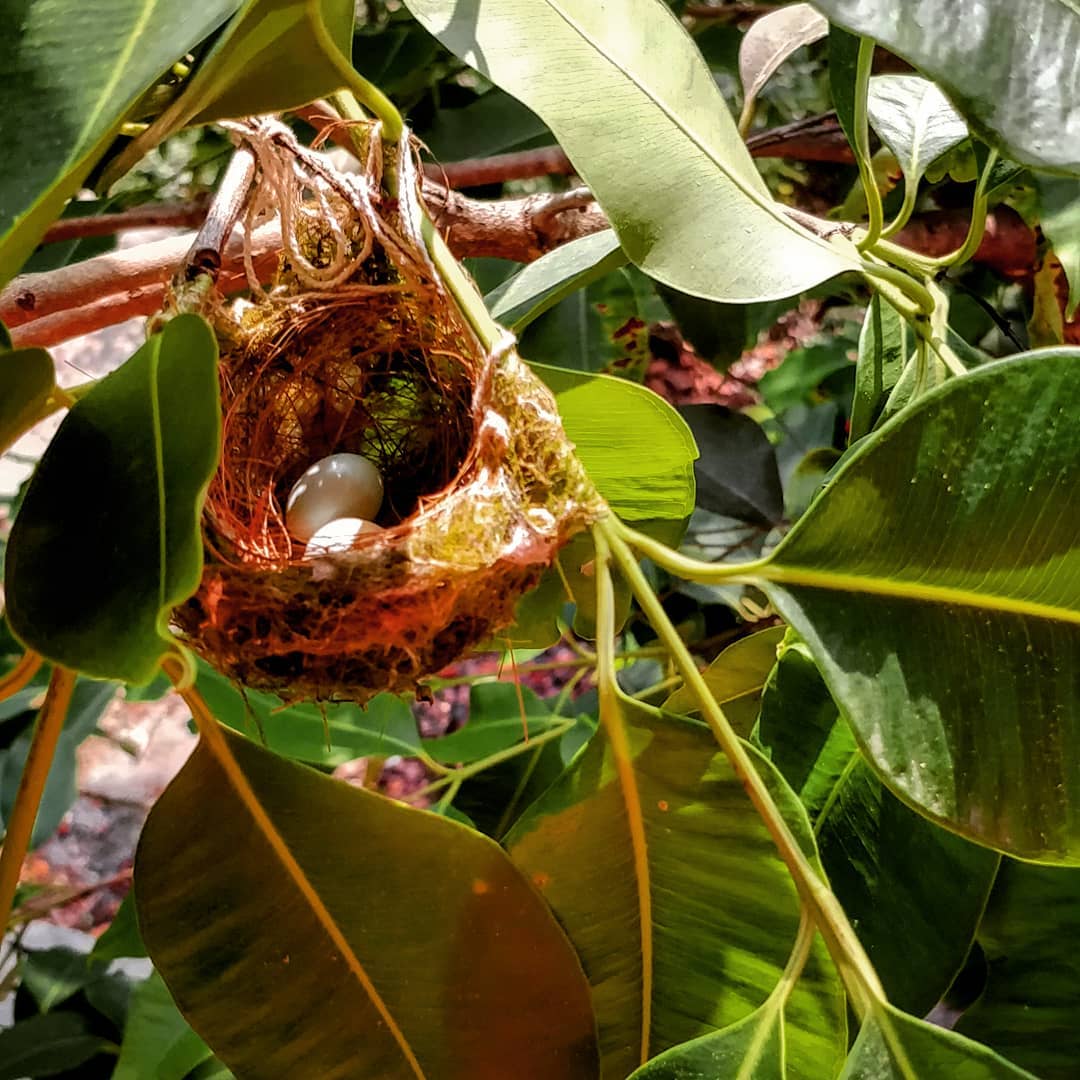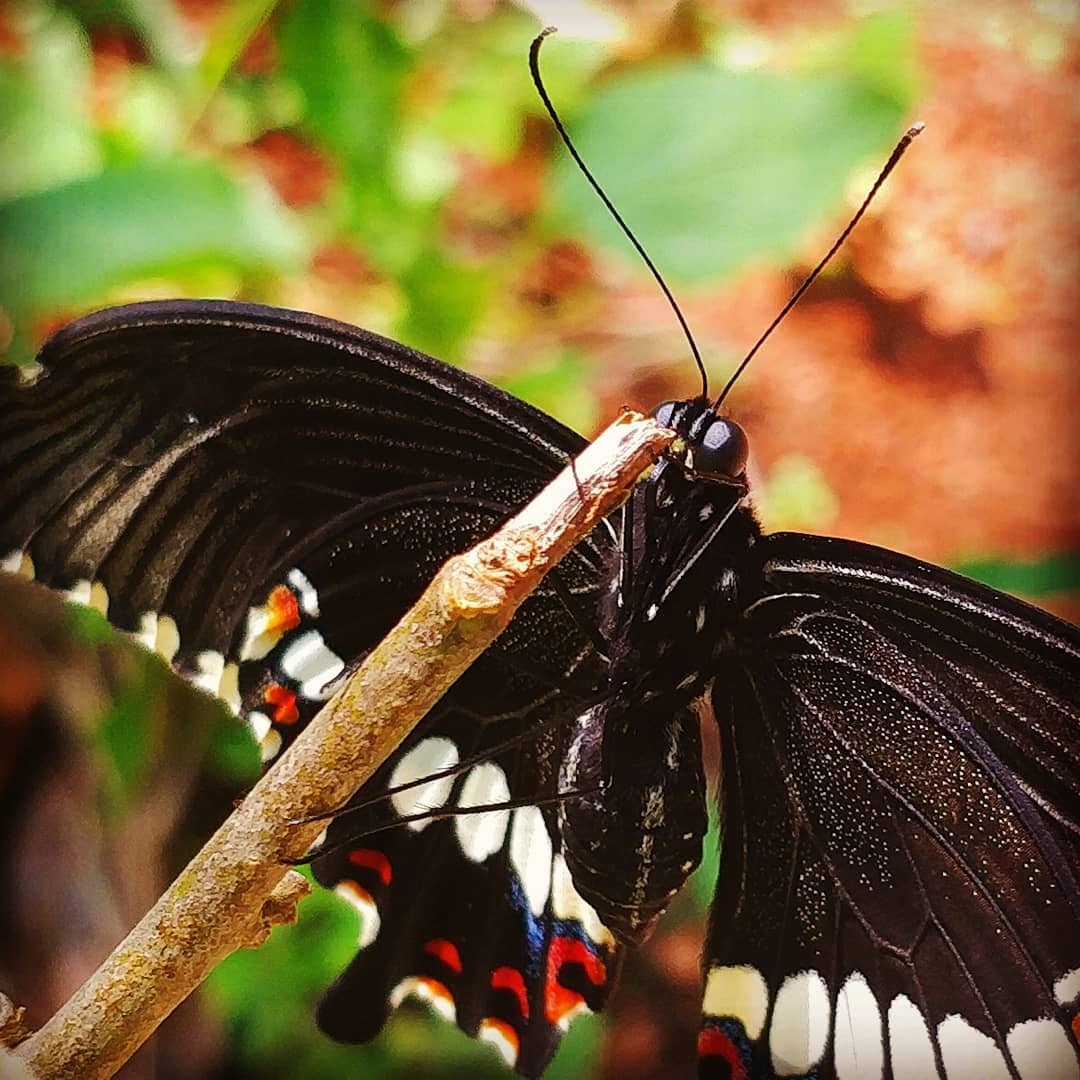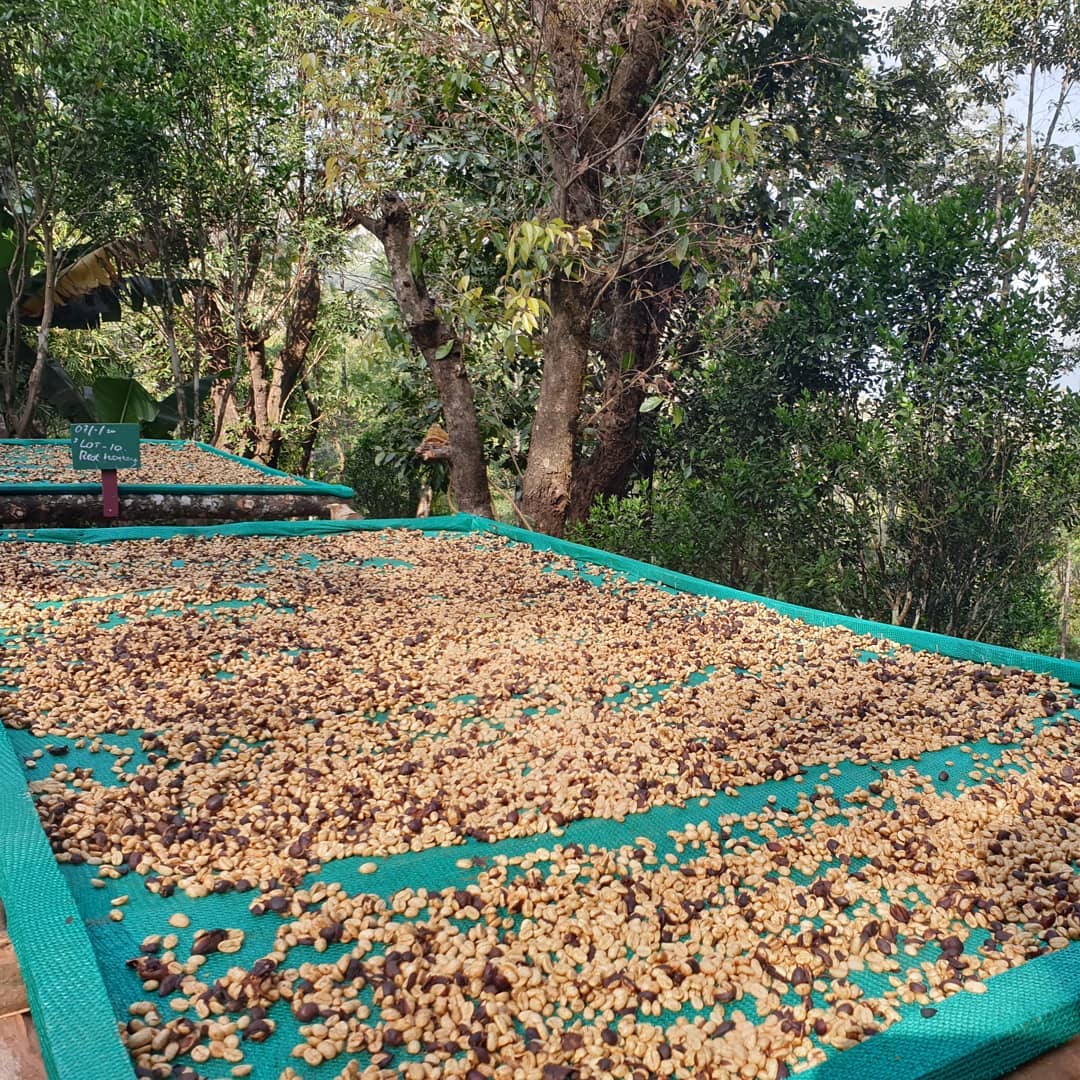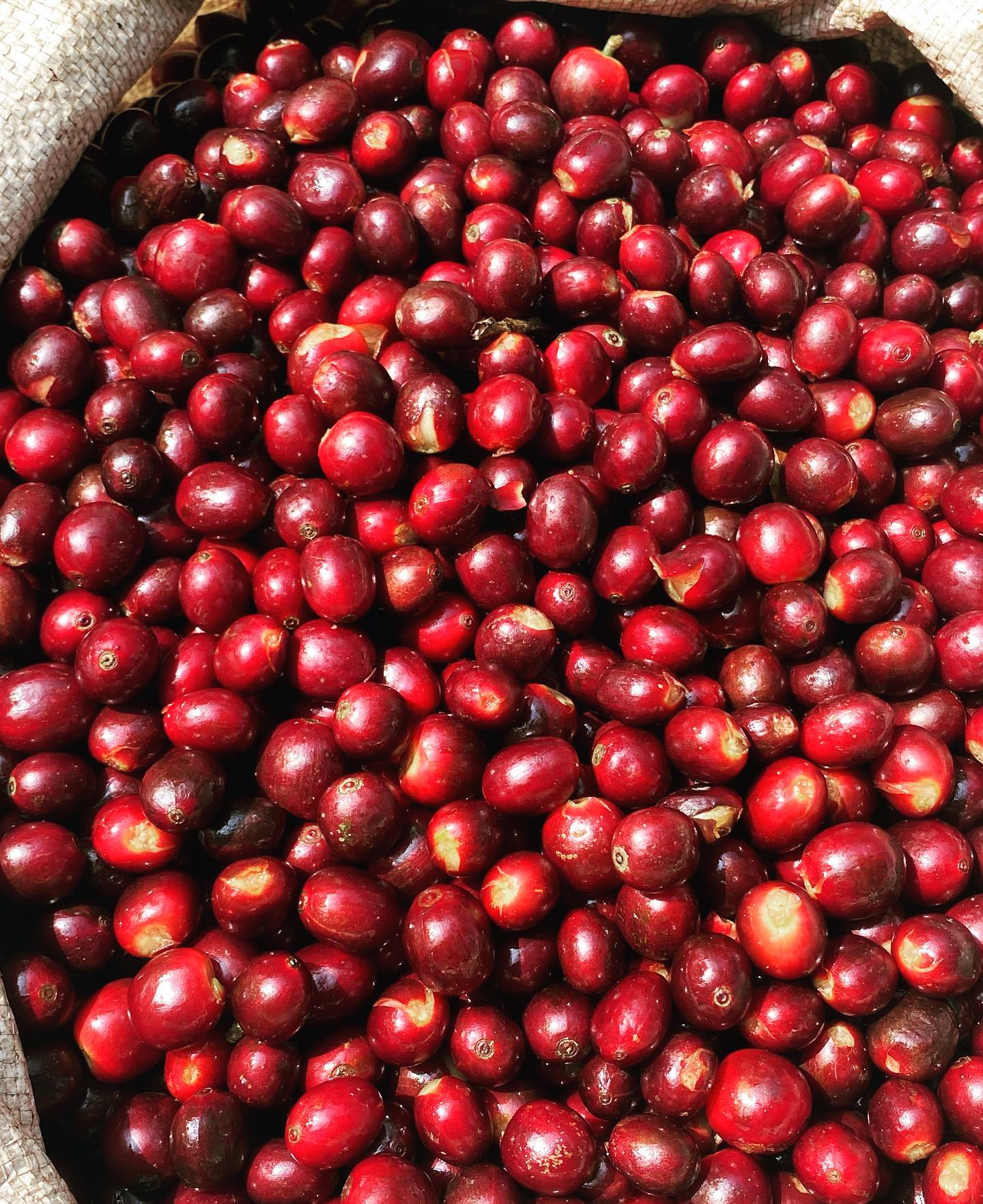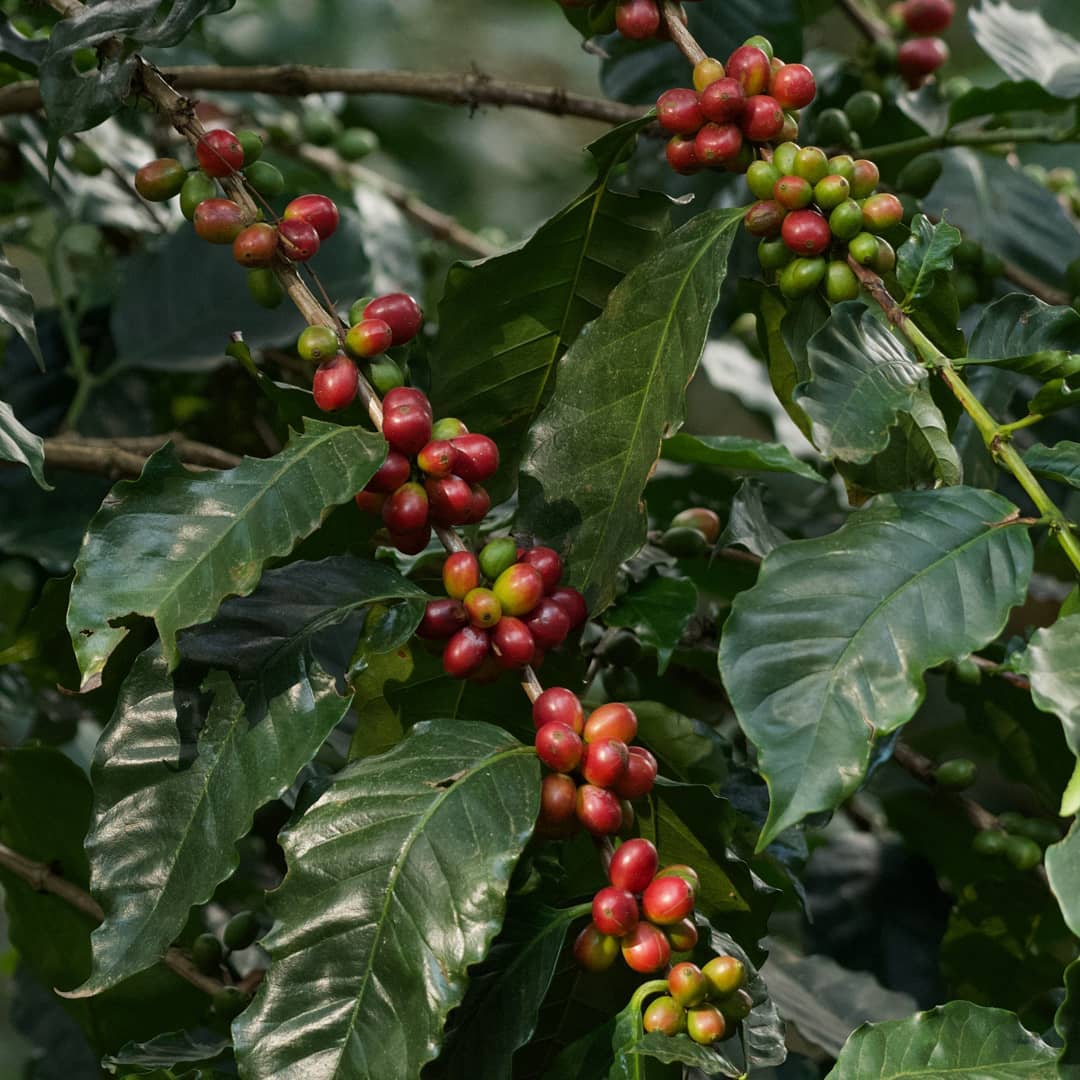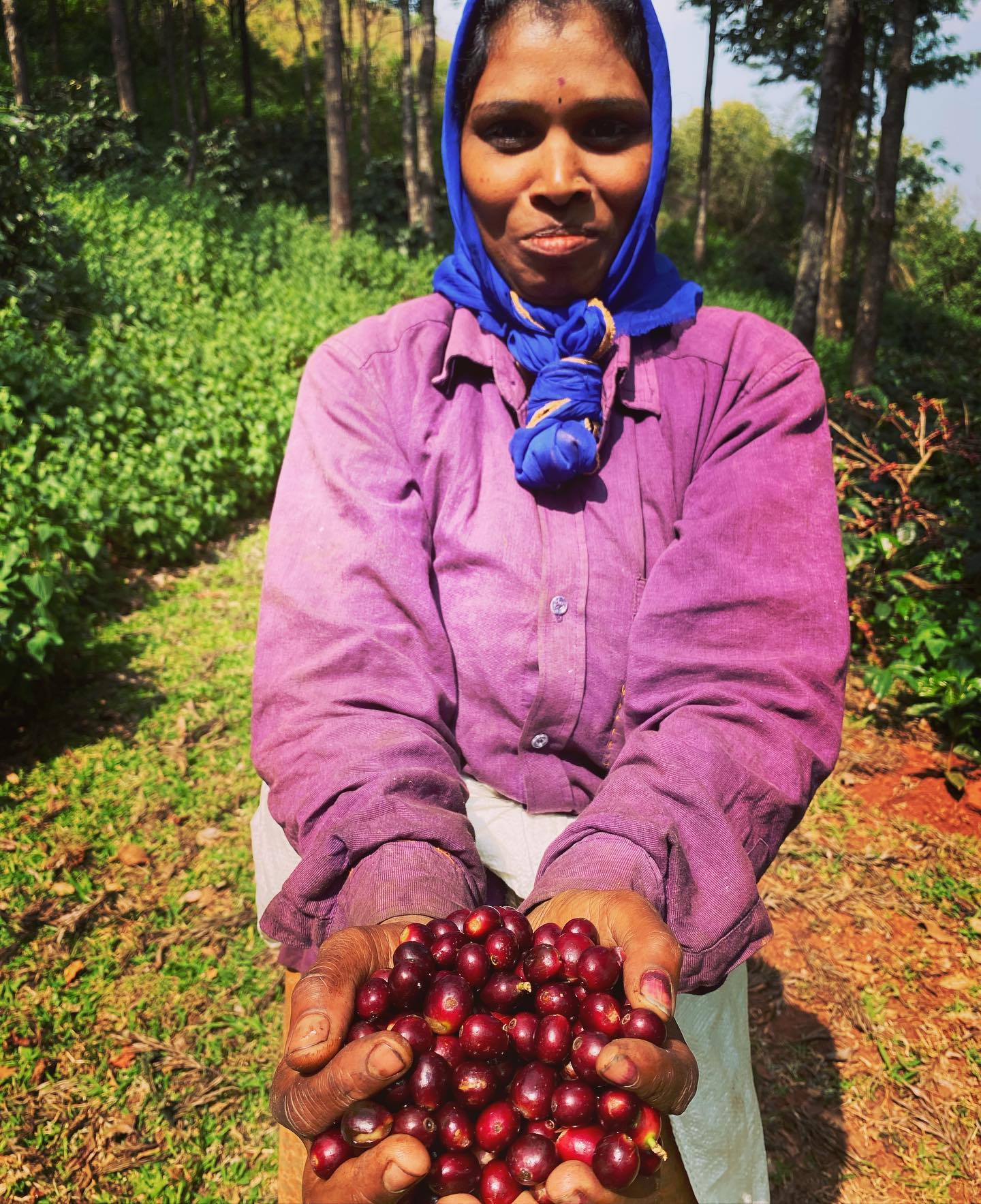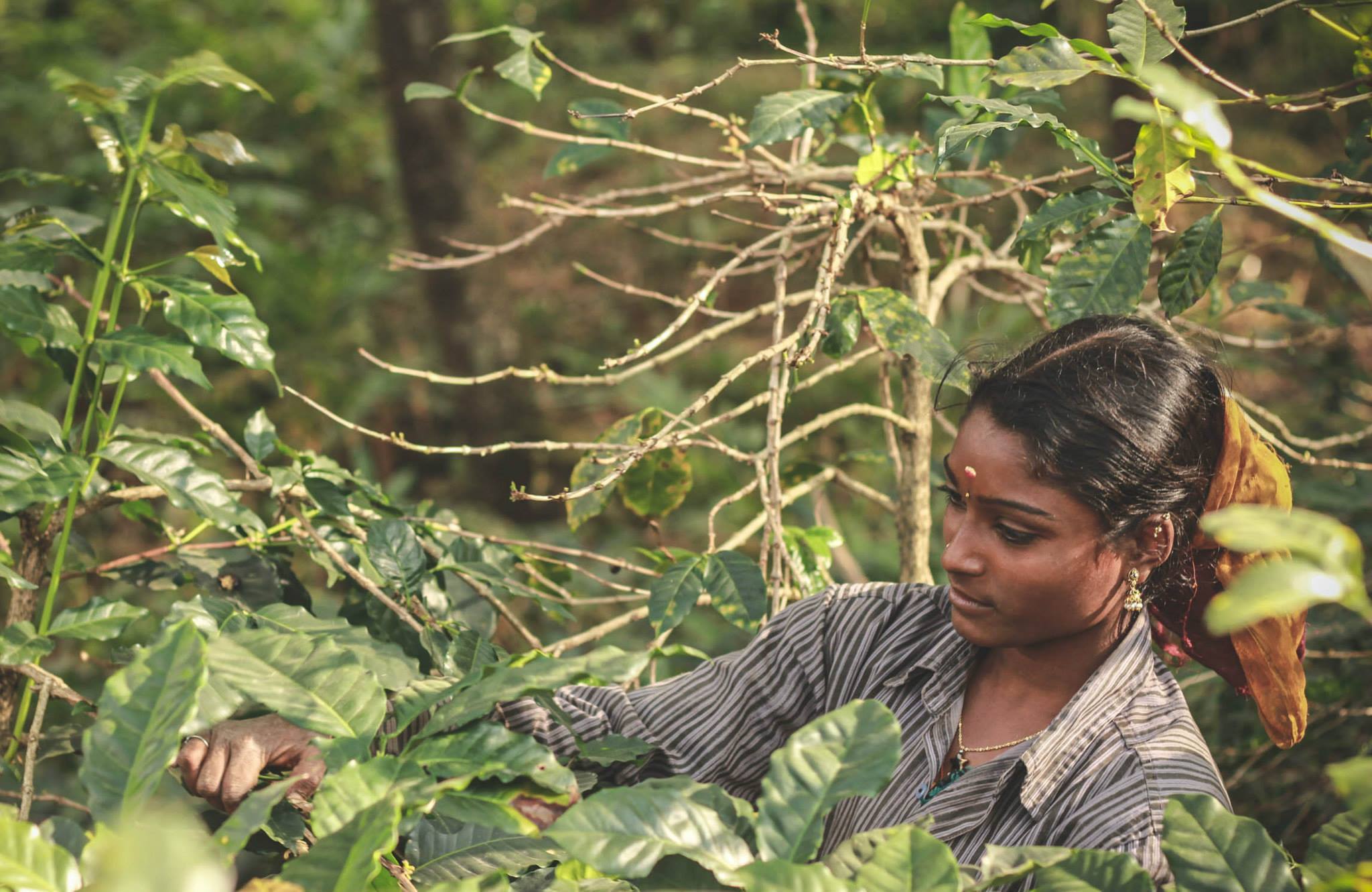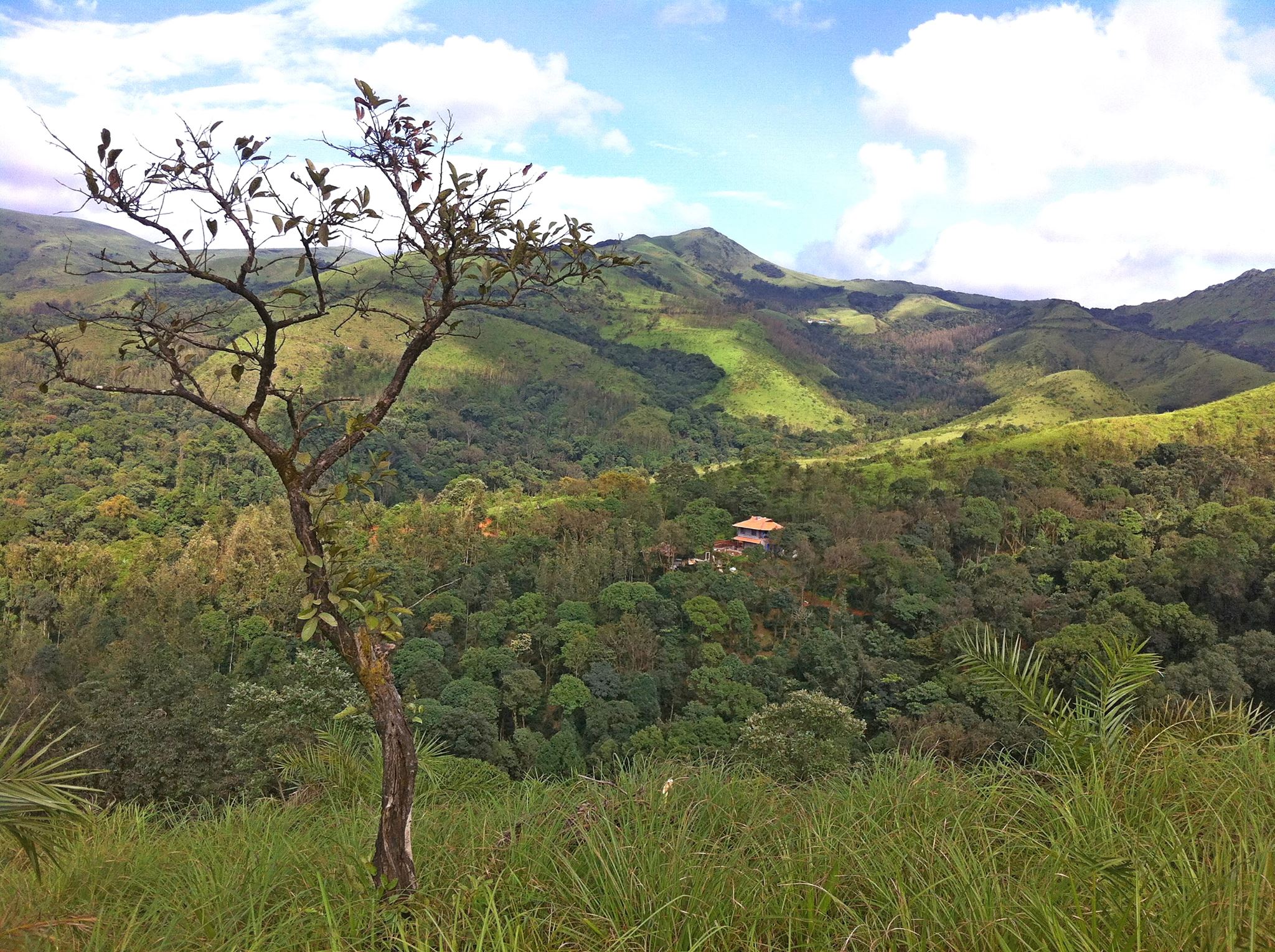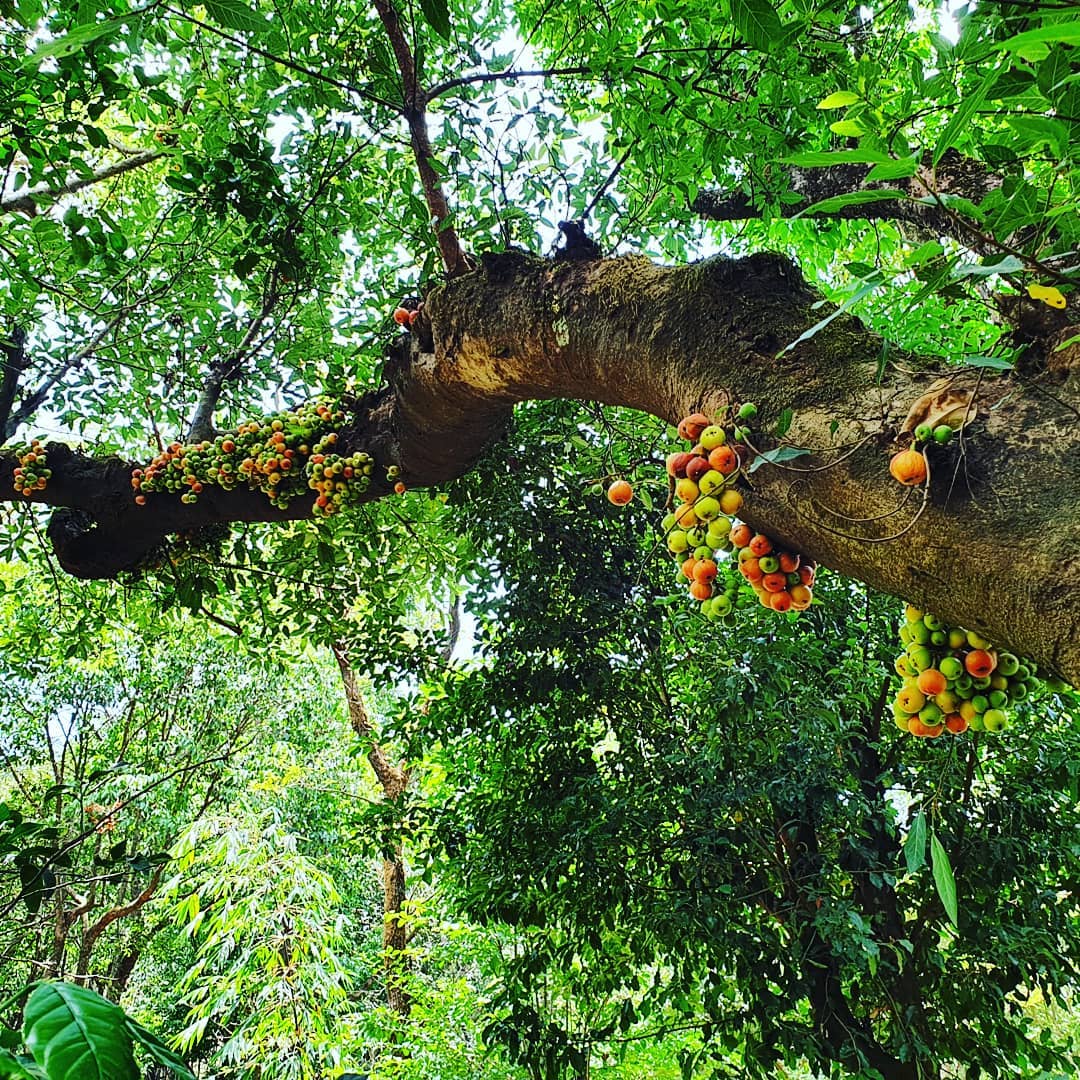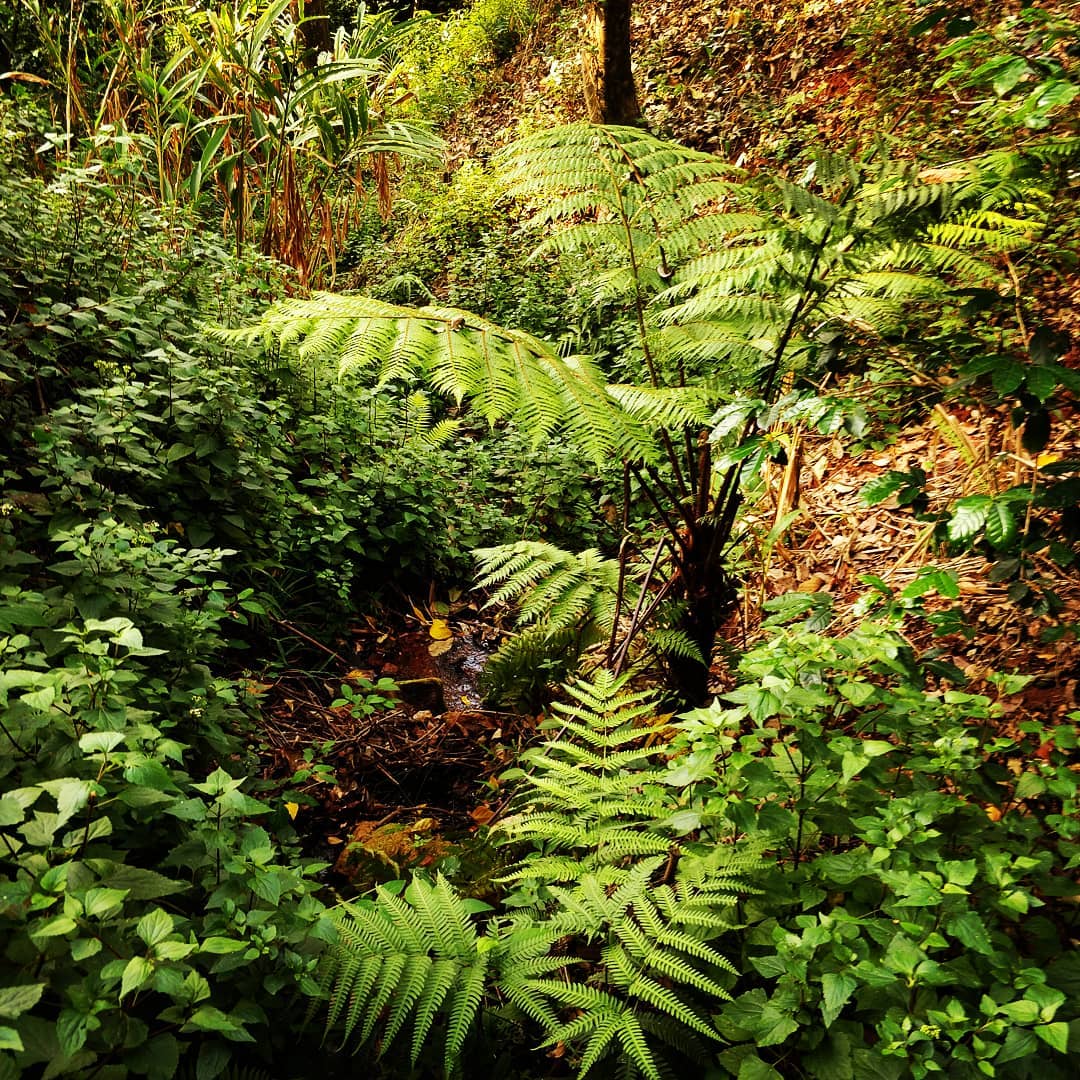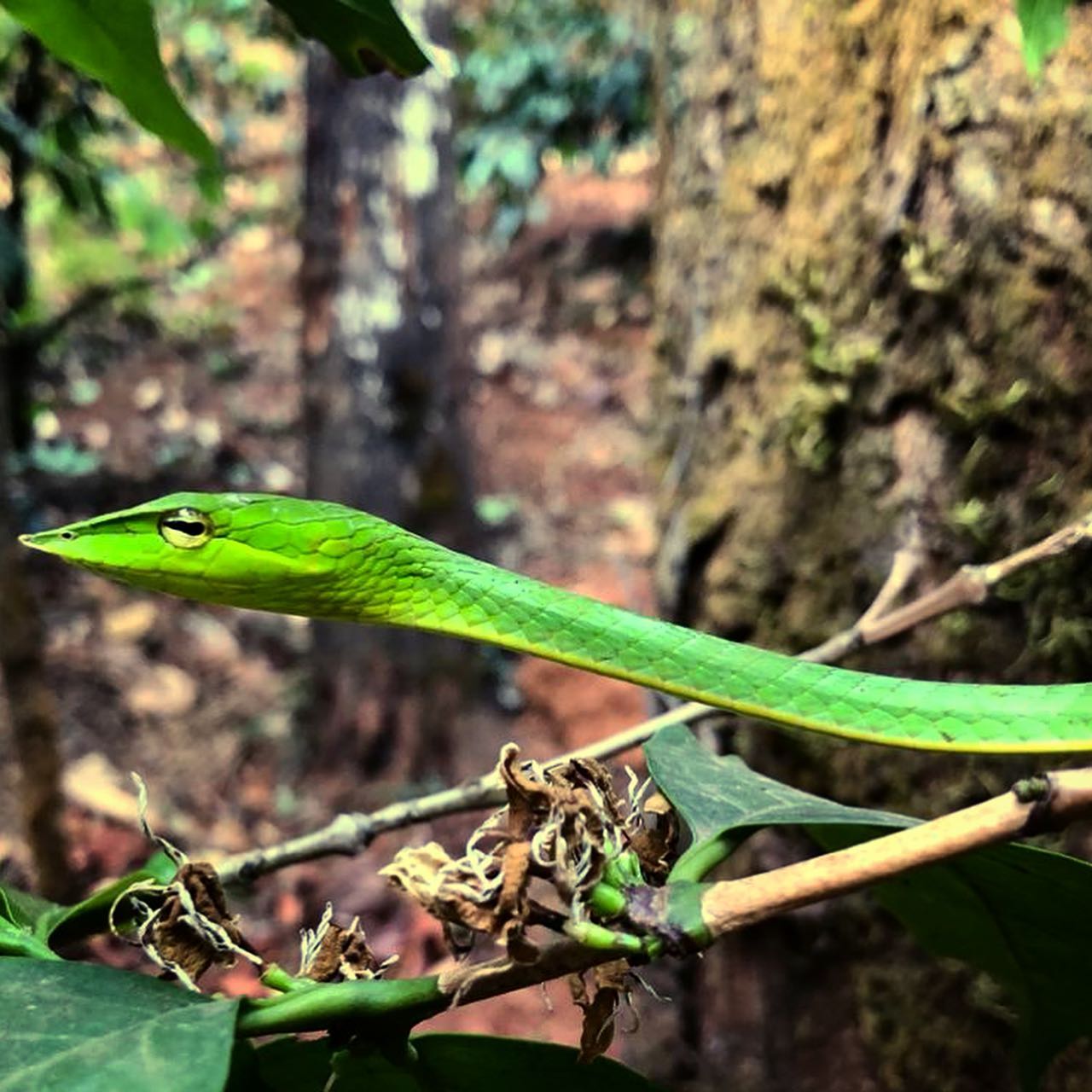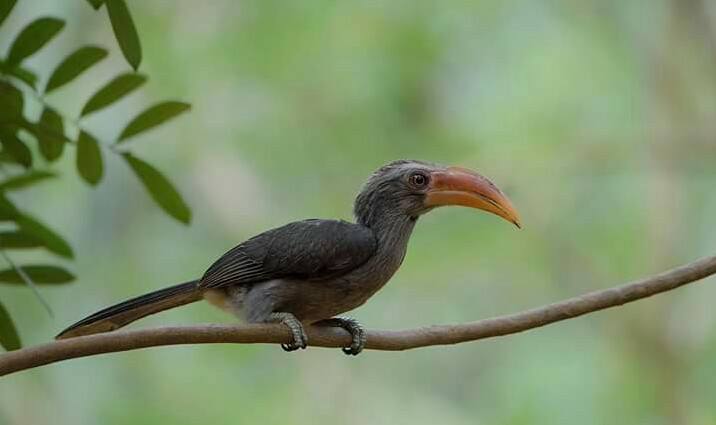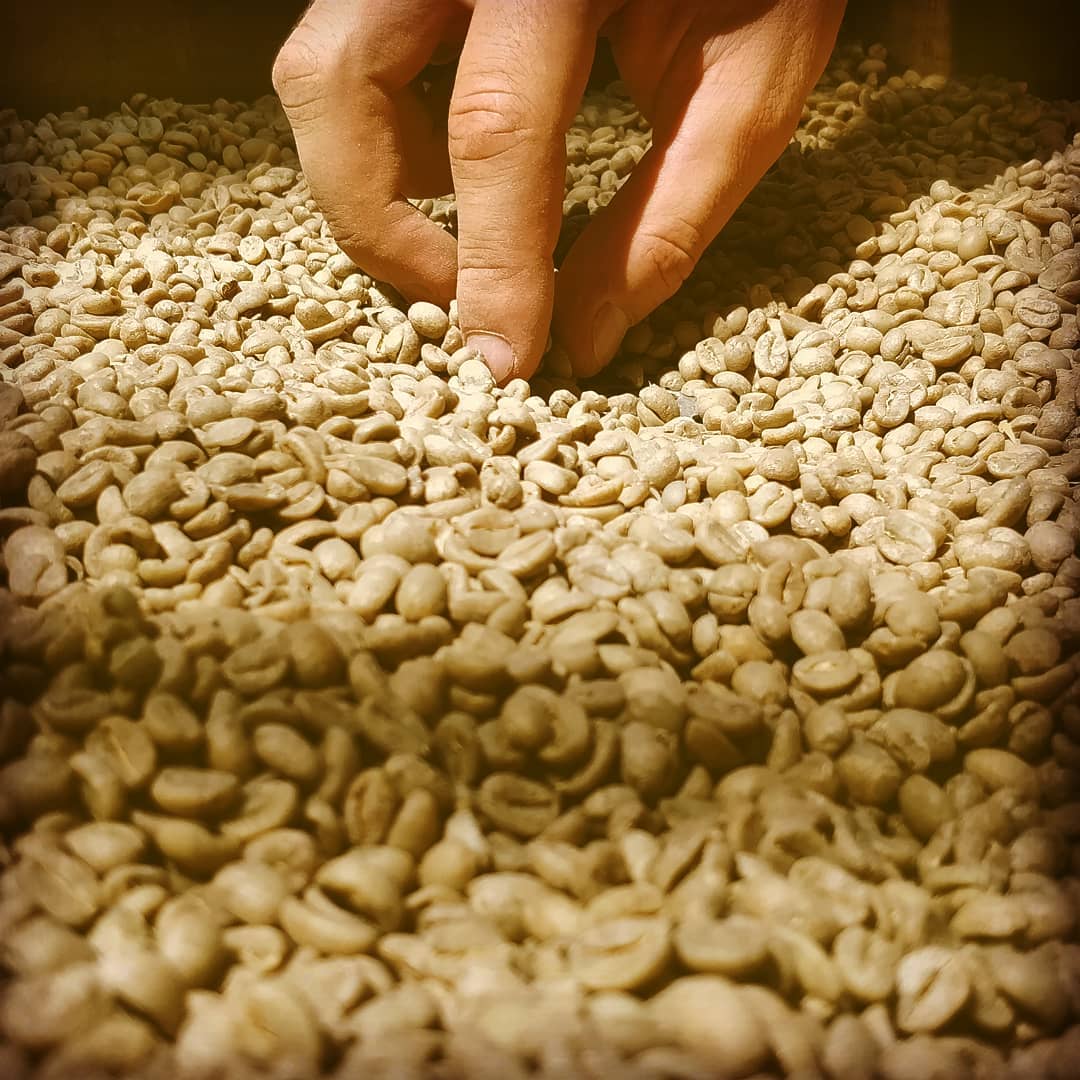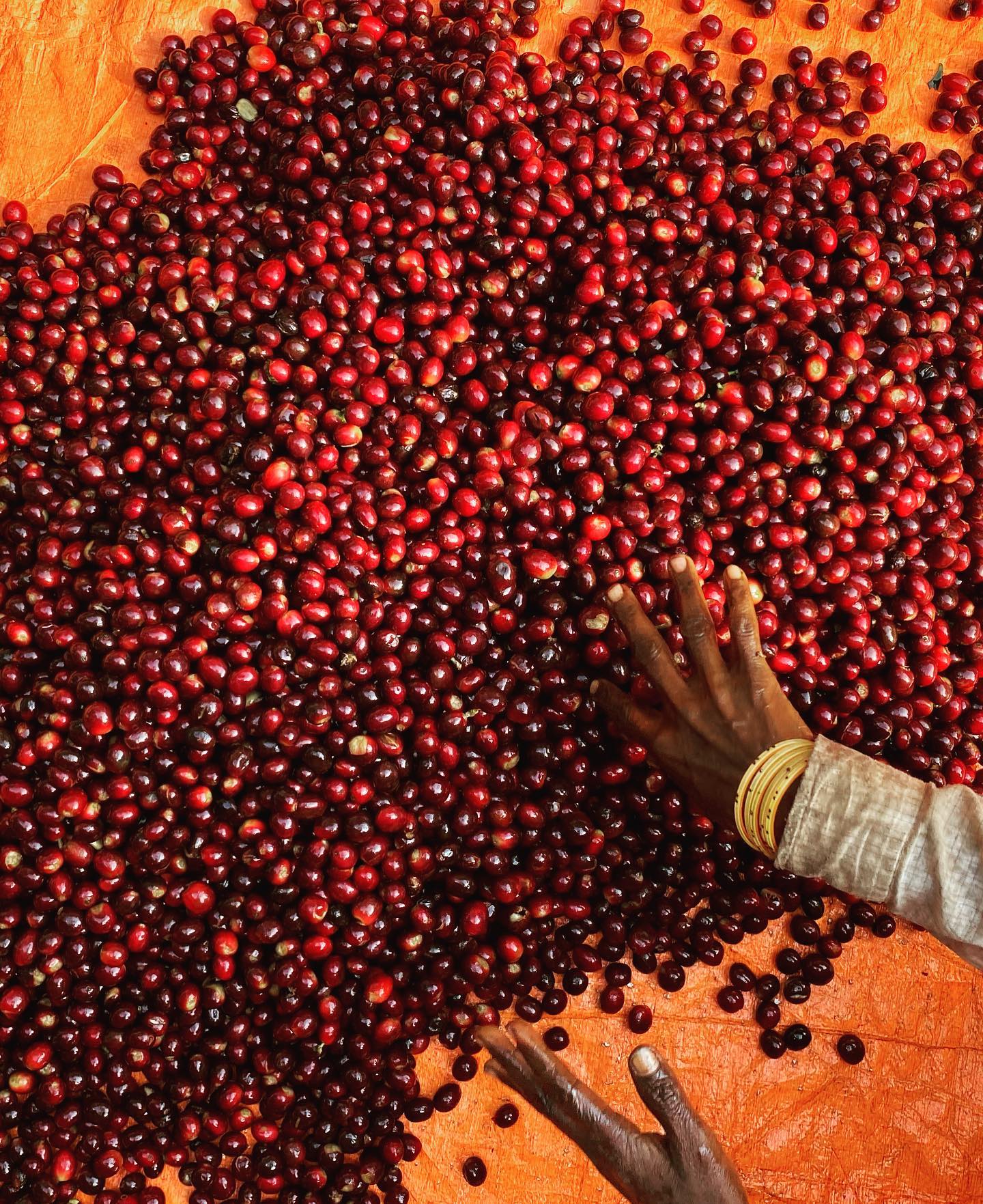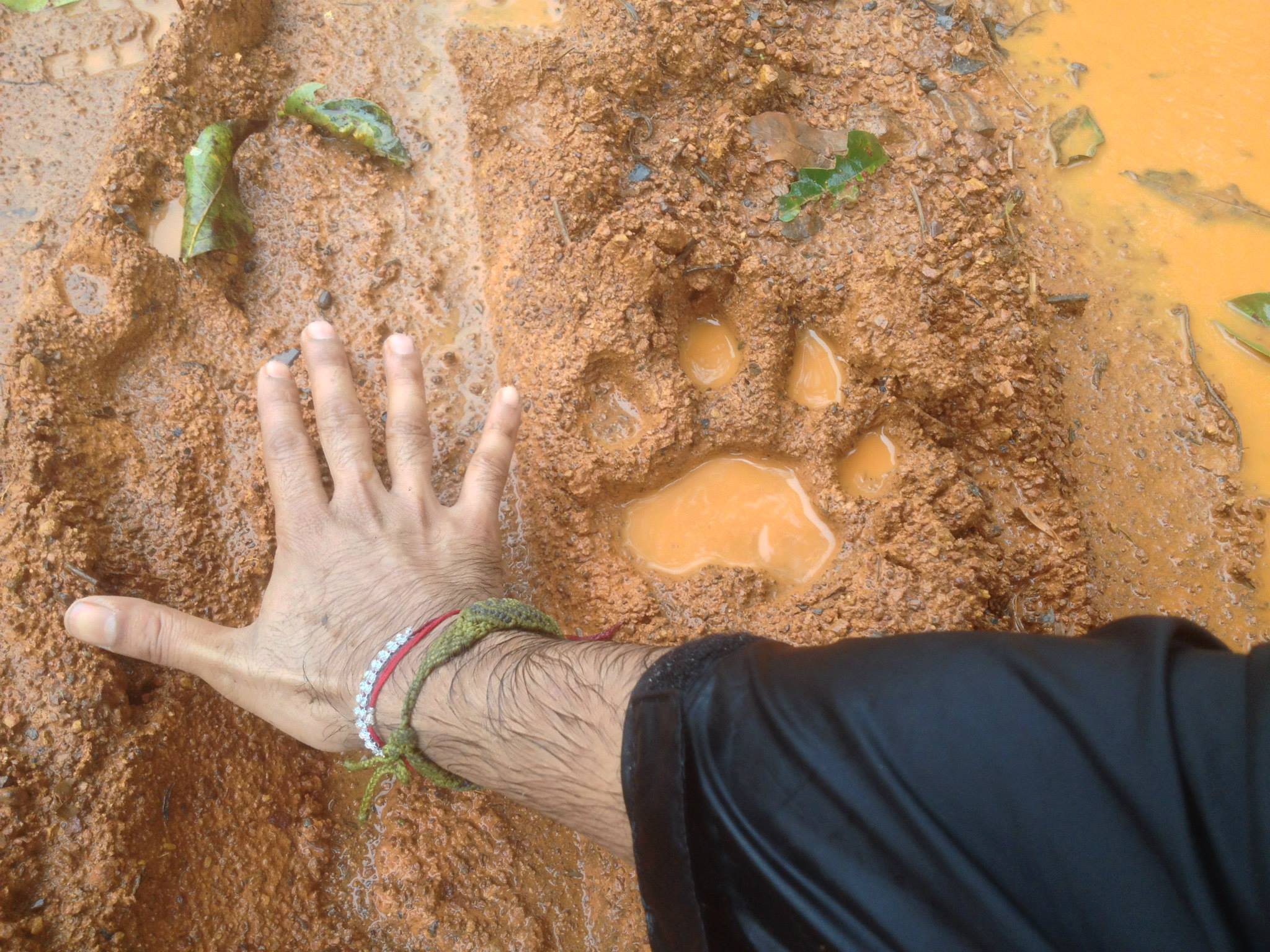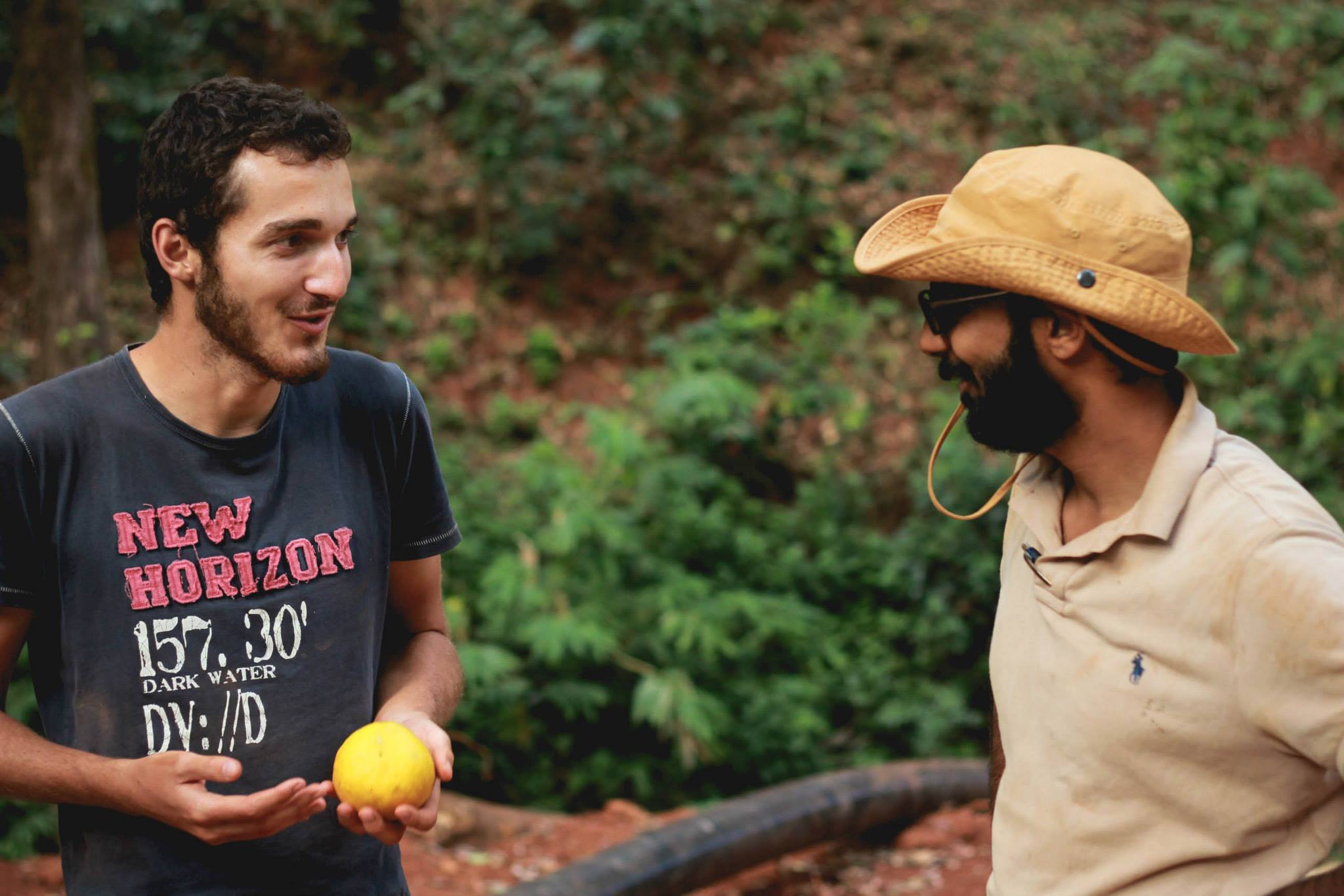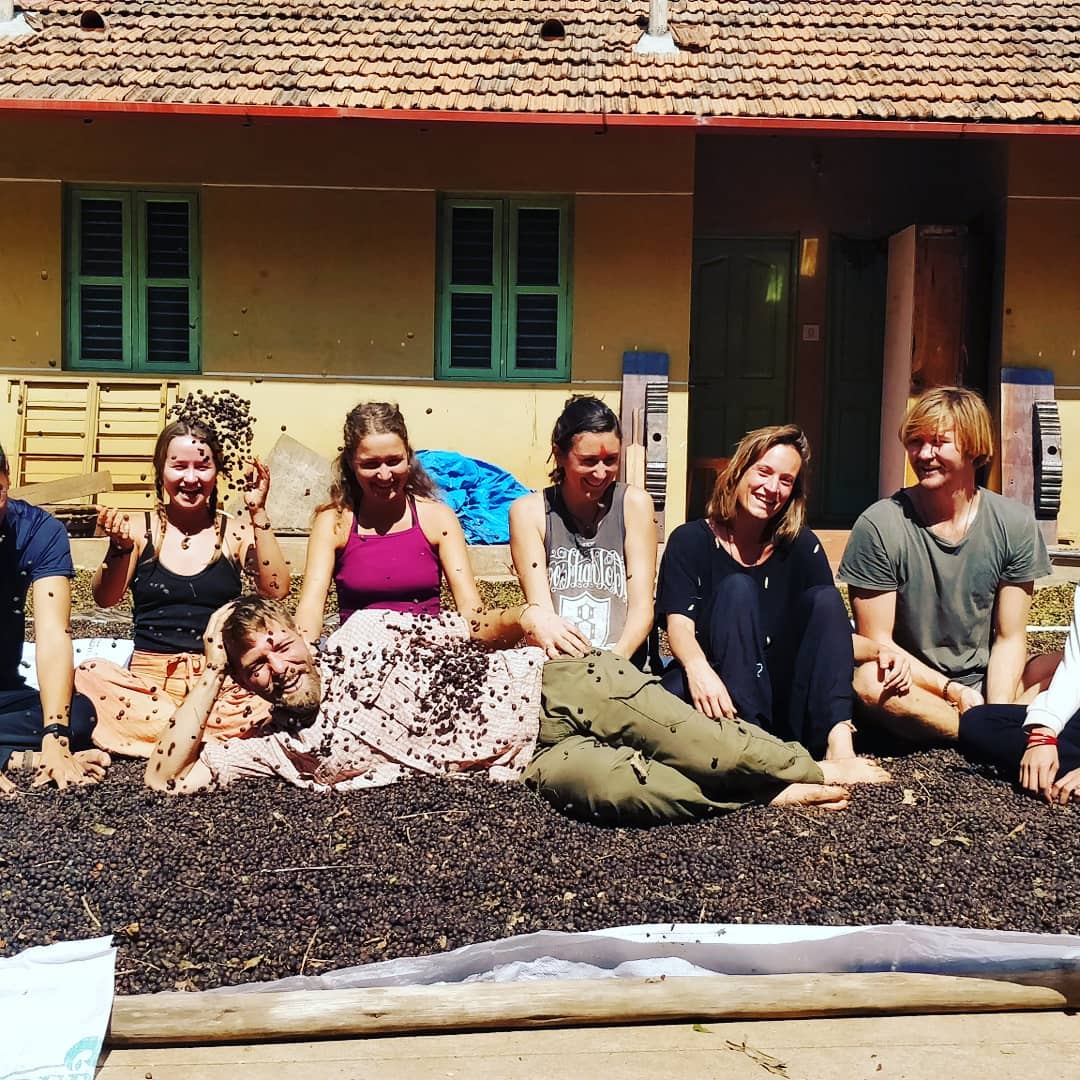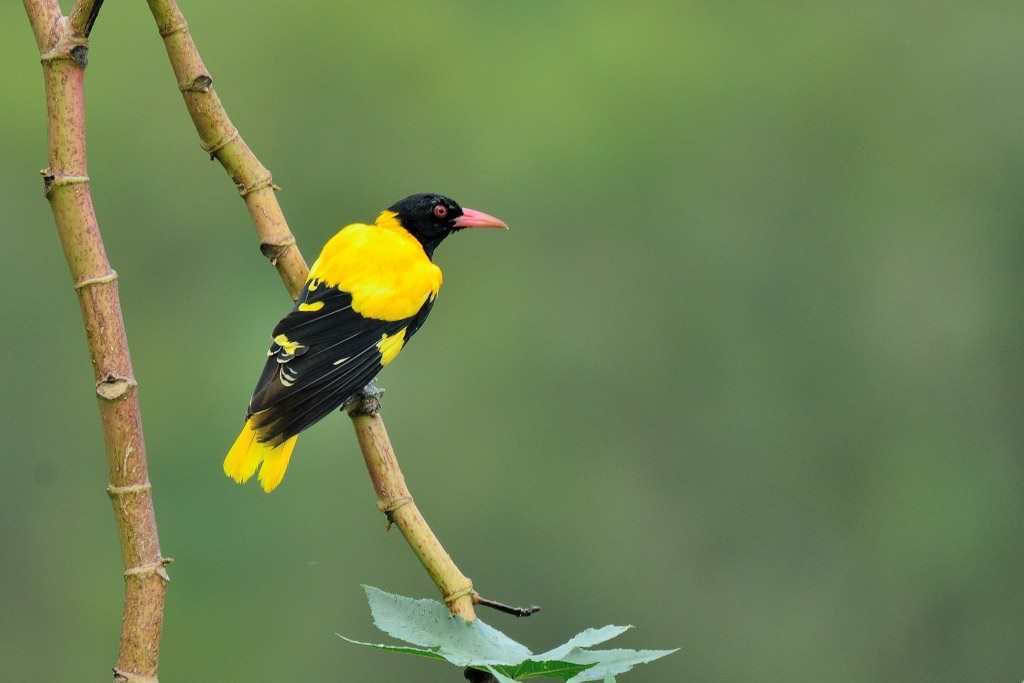
From Vishal and Aditi’s farm straight to your cup
At Tat Tvam farms, coffee growers Vishal and Aditi have worked hard in developing this organic plantation with principles which are in sync with mother nature. They have aimed at striking a balance between time-tested traditional practices and modern scientific approaches.
TAT TVAM ASI ORGANIC COFFEE FARM
Chikkamagaluru, India
Arabica – S795
1400m
Nov-Jan
Honey processed (Red)
Single Origin Farm
83.25
Lemon, Dark Chocolate, Dried Wood
Shade Grown, Animal Friendly
Yes
Organic Certification by KSOCA – NPOP Apeda
Logistics
Pickup in US
10 x 60 kg bags
$7.38 per pound ($16.27 per kg)
Door Delivery
Continental Terminals – New Jersey
Jute, ISPM certified pallets

Cupping Profile

About Origin
Being nature lovers, both Vishal and Aditi Mehta wanted to be closer to nature and settle down to farm sustainably. What started then as a vision, eventually became reality when they established Tat Tvam Asi Organic farm on the Bababudangiri hill range in southern India.
The farm is modeled on sustainable principles of permaculture with an aim to conserve and promote diversity. They’ve mastered the art of growing sustainable coffee on these mountain slopes. The couple strongly believe in leaving the planet in a better condition than when inherited.
The farm is modeled on sustainable principles of permaculture with an aim to conserve and promote diversity. They’ve mastered the art of growing sustainable coffee on these mountain slopes. The couple strongly believe in leaving the planet in a better condition than when inherited.
Social Impact
Over the last decade, Tat-Tvam estate owners have turned around their region by providing valuable employment opportunities to the locals, especially by empowering women employees. In doing so, they have increased the bio-diversity of the region and their rich coffee is grown amongst a large population of indigenous flora and fauna. Every season, a lot of people visit their farm to be one amongst nature and witness the hospitality of the tight knight community that they have built.
The Process

Hand Picked
Coffee cherries are carefully handpicked. This process is usually meticulous and often leads to high grade coffee at the end of the processing pipeline.

Honey Processed
During this process, coffee is dried with some or all of the mucilage remaining on the outer parchment. Coffee is picked, sorted, de-pulped and then moved to drying patios.

Fully Washed
In this process, the cherry coffee is then given a thorough wash to separate the ripe ones out from the lot.

Anaerobic Fermentation
During this process, carbonic maceration in a sealed environment is intentionally created for identifiable flavor notes which tend to be singular, highly expressive and uncommon.

Sun Dried
The ripe cherries are dried under the sun for days together. Weathering the natural drying process, the reddish beans eventually lose their water content.

Manual Sorting
Post processing, coffee beans are manually sorted by hand to remove any defectives and other impurities to achieve a fine quality that is truly artisanal.
Organic & Sustainable
Our coffee is grown organically using nature as a catalyst under the shade of native tree canopies.





